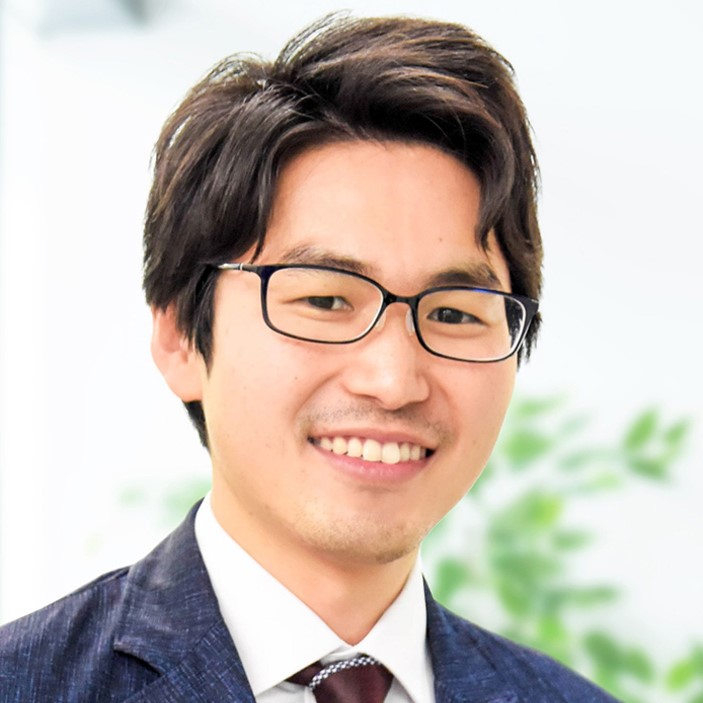
Gojiro Nakagami
Professor
Department of Gerontological Nursing / Wound Care Management, Division of Care Innovation, Global Nursing Research Center, Graduate School of Medicine, The University of Tokyo
Overview
Professor Gojiro Nakagami received his bachelor degree in nursing from Kobe University in 2004. In 2009, he completed the doctoral course at the University of Tokyo and received his PhD in health sciences. During the doctoral course he was awarded a Research Fellowships for Young Scientists from Japanese government. In 2009, he became an assistant professor at the University of Tokyo and from 2010, he had been served as a lecturer. From 2013 to 2014, he was appointed as a visiting scholar at University of California, Los Angeles, School of Nursing. In 2017, he was appointed as an associate professor at the University of Tokyo and since 2022, he has been appointed as a full-professor of nursing at the same university.
Selected Publications
•
Nakagami G, Yokota S, Kitamura A, Takahashi T, Morita K, Noguchi H, Ohe K, Sanada H. Supervised machine learning-based prediction for in-hospital pressure injury development using electronic health records: A retrospective observational cohort study in a university hospital in Japan. Int J Nurs Stud. 2021 Jul;119:103932. doi: 10.1016/j.ijnurstu.2021.103932. Epub 2021 Mar 26. PMID: 33975074.
•
Abe-Doi M, Murayama R, Takahashi T, Matsumoto M, Tamai N, Nakagami G, Sanada H. Effects of ultrasound with an automatic vessel detection system using artificial intelligence on the selection of puncture points among ultrasound beginner clinical nurses. J Vasc Access. 2023 Mar 9:11297298231156489. doi: 10.1177/11297298231156489. Epub ahead of print. PMID: 36895159.
•
Takahashi T, Kitamura A, Matsumoto M, Higashimura S, Nakagami G, Sanada H. Introduction of augmented reality to the remote wound care nursing consultation system. J Wound Care. 2023 Aug 2;32(Sup8):clxvi-clxx. doi: 10.12968/jowc.2023.32.Sup8.clxvi. PMID: 37561703.
The Challenges and Evolving Strategies in Digital Care Services: Navigating the Era of Healthcare Transformation
Abstract
The phrase "digital technology" excites me. Observing our surroundings, we find ourselves writing abstracts on internet-connected computers, checking conference schedules via smartphones, and encountering targeted advertisements that mysteriously align with our interests. Digital technology has thus become a crucial element in our daily consumer activities. However, its integration into the medical and nursing fields is still evolving. The pandemic has imposed physical barriers to patient care, accelerating the push towards healthcare digitization. My area of expertise, wound care, is particularly poised to benefit from digital advancements. Wounds are information-rich and can be effectively assessed through image analysis, while video can enhance the understanding of wound care procedures. Historically, risk assessment for wound development relied on manual observations recorded in medical records. Now, several digital technologies are emerging in research, notably artificial intelligence for predicting pressure injury development, AI-enhanced processing of digital and ultrasound images for wound assessment, and skill transfer through teleconsultation and XR technology. These advancements extend beyond pressure injuries, encompassing broader nursing practices such as AI-supported ultrasonography for peripheral intravenous catheters insertion. This presentation will explore upcoming technologies based on recent research and examine the future role of digital technology in nursing and healthcare.